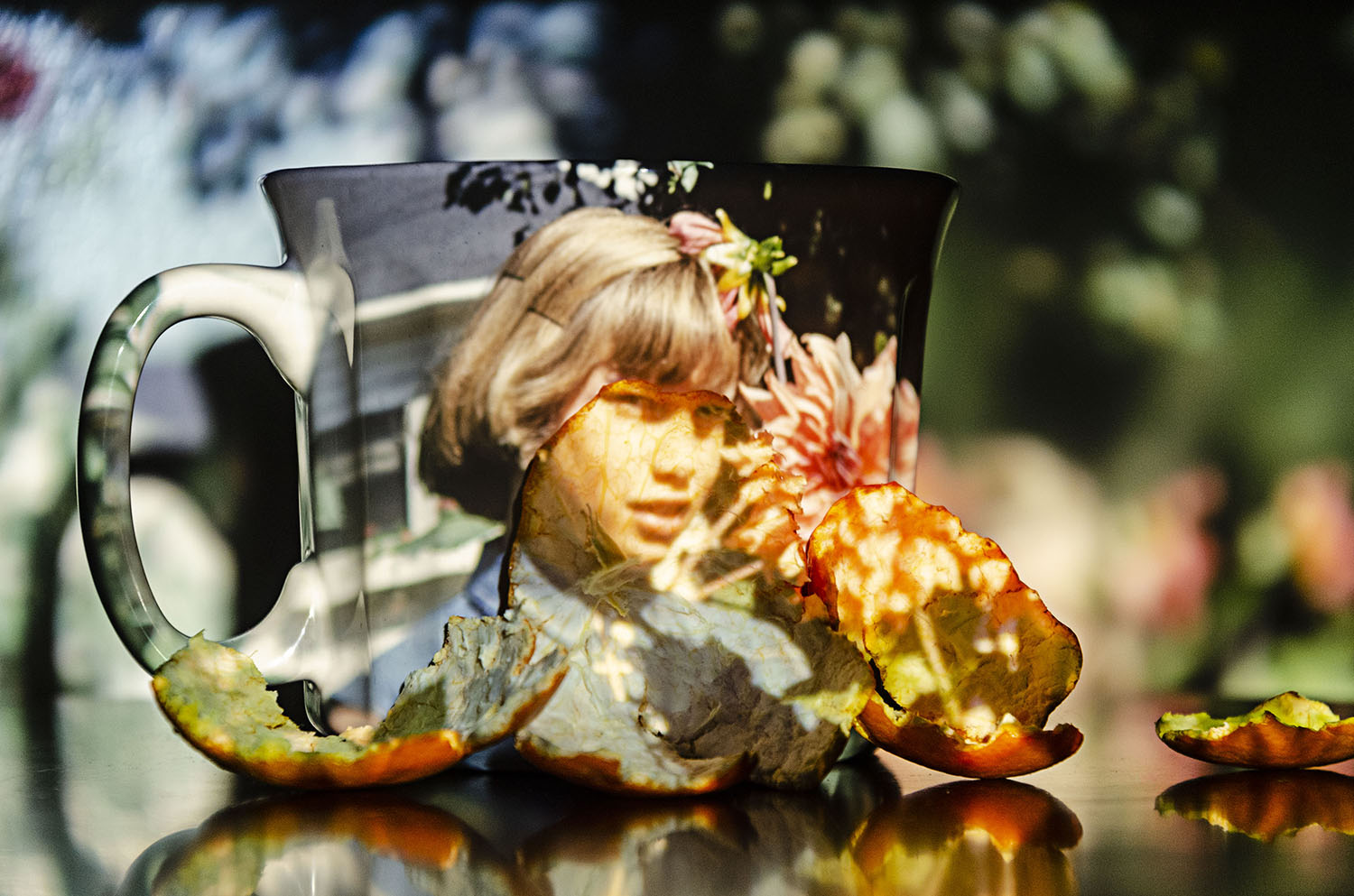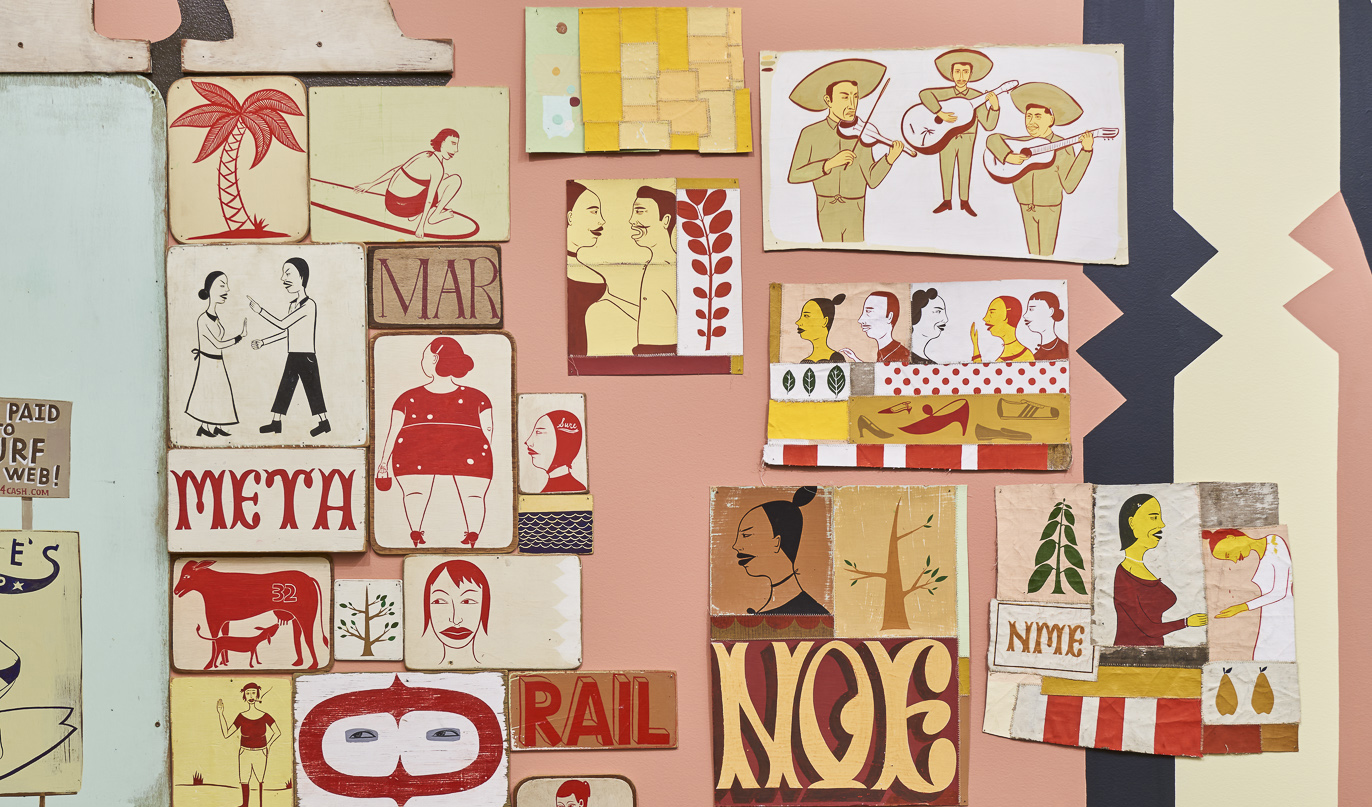
In its fourth year, Cleveland Public Theatre’s Entry Point is a festival-like event where audiences can watch and interact with up-and-coming plays early in their development. Artists share works via staged readings, excerpts from works in progress and panel discussions, and audiences engage in a variety of ways, including facilitated feedback after every show.
Raymond Bobgan, Cleveland Public Theatre executive artistic director, told Canvas about what’s on deck for this year’s festival, which runs from Jan. 23 to 25 at multiple venues, as well as how the medium is conducive, yet unique, in terms of moving new works forward.
Tell me about the concept behind Entry Point. How did the idea to develop the festival in Cleveland come about?
CPT is a nationally recognized hub for the development of new theater that is extraordinary, edgy and relevant. We are part of a movement of theaters across the nation that are leading the field in new play development, and have become the most regarded cultivator of new theater for Cleveland playwrights. We are a laboratory for promising research and investigation, and a launcher of nationally significant new plays.
In the creating of Entry Point, we wanted to blow the top off of conventional new play development programs. Most of these programs focus on plays that are nearly production-ready through staged readings. Playwrights working in unconventional methods are not typically well served by staged readings, and there is a need for opportunities to support creators earlier in the process. We wanted to provide opportunities for a vast diversity of playwrights, from conventional writers to those working in more dynamic and less conventional ways. So, we took a look at Pandemonium and Station Hope (our classic CPT-style events) and thought: how can we create a party for new play development that can help artists earlier in the creation process? We created a festival with multiple stages running simultaneously, showing work completely in process (and at early stages of development). We are now in our fourth year, and have witnessed firsthand the powerful results of Entry Point.
Do artists tell you what they aim to get out of the experience?
Because of the celebrity factor that impacts many individual contributors to theater, most new play development is about supporting new work after it is already pretty successful. There is a sort of star power that donors get excited about. There is very little true “research and development” happening across the country. So it’s no surprise that the most artists in Entry Point are hungry for opportunities to try new ideas – to test out fresh concepts and approaches. Most artists are especially excited to get their work up and in front of an audience at this early stage – to really beta test things out in a dynamic environment. Artists are also interested in exploring different methods of creation. Artists are seeking ways that can be more inclusive and break the western/white-culture approach to playmaking that is based on writers who are often totally separated from the actual making of the play. Artists acknowledge that new processes will result in new kinds of products – new theater that is not just more diverse in “who” is creating but in how theater is made.
Do you have a story about a successful outcome of a former Entry Point play you can share? How did the Entry Point experience build up the show?
Though the success of Entry Point is measured by a much larger viewpoint related to experience and artist growth, several pieces have gone on to further production, including tours and full productions. A memory that is particularly poignant was the first full read through of a draft of “Everything is Okay (and other helpful lies)” by Melissa Crum and Caitlin Lewins (2016-2017 Nord Family Foundation Playwright fellows). Hearing their work aloud with audience allowed them to understand strengths and holes – and the piece went on to a workshop production as part of Test Flight, a full CPT world premiere production and then readings in the New York Musical Festival. Audience feedback was critical in helping the piece move forward in a really great way.
What are a couple Entry Point works coming to the festival this year you are particularly excited about?
This is an incredible year with a ton of really exciting projects – and we also have several CPT fellows involved in the creation of the work. You can check out the full line up on the Entry Point website – and you’ll see they really run the gamut. Two pieces that come to mind include “Panther Women: An Army for the Liberation” (working title) by India Nicole Burton (CPT’s 2019-2020 National New Play Network producer in residence) about women who were members of the Black Panther Party and Black Liberation Movement, which will have a workshop production as part of CPT New Play Development Series Test Flight; and “Voces/Voices” (working title) led by Les Hunter (2019-2020 Premiere fellow), Milta Ortiz, Elaine Romero and Maria Torres. Voces/Voices is an investigative drama created from interviews and conversations with those living, passing through and imprisoned in the borderlands between the United States and Mexico.
Do you have any advice for new festival goers for how to engage constructively with the creators?
Come with an attitude of fun. It’s not like normal theater where you need to sit and be quiet for two hours. You play an active role in choosing what you want to see and where you want to go. It really is a party atmosphere – and audiences share responses in audience feedback sessions. It’s truly exciting to experience the immediacy, and the possibility of art in the making – and the audience is integral to the development of these pieces.
Tickets are $15 for a one-day pass, and $25 for the full weekend (with $5 off for students and seniors). Tickets, schedule and more information are available at cptonline.org/performances/seasons/2019-2020/entry-point-4.










